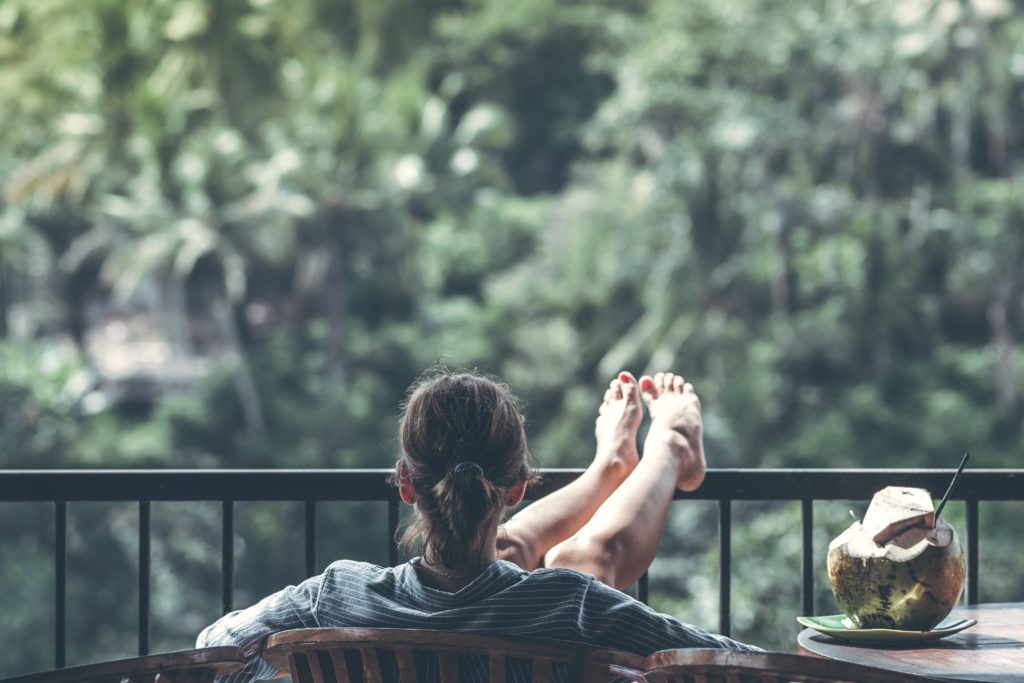
The Art of Relaxation: Techniques for Unwinding and Stress Release
The cycle of stress and relaxation is an integral part of human life. However, stress seems to have overstayed its welcome in many of our lives, leading to an escalating […]
The cycle of stress and relaxation is an integral part of human life. However, stress seems to have overstayed its welcome in many of our lives, leading to an escalating problem of chronic stress which can take a toll on both our mental and physical health. In today’s fast-paced, technology-driven world filled with pressure, understanding the art of relaxation is more crucial than ever. Here, we delve into a pool of relaxation techniques to unwind and release stress.
Begin with Mindfulness:
Mindfulness is the first step towards stress relief. By harnessing your focus and redirecting it to the present moment, mindfulness helps you to acknowledge and accept your feelings, thoughts, and bodily sensations while letting go of stress. Mindfulness techniques like meditation, yoga, or even simple deep-breathing exercises, can significantly reduce stress levels. Dedicate a few moments every day to relax and rejuvenate your mind and body.
Dabble in Yoga & Tai Chi:
The ancient arts of yoga and Tai chi involve rhythmic movements and focused breathing, helping to align the mind, body, and spirit. They promote relaxation and foster a stronger mind-body connection. Asanas (yoga postures) like Savasana, Balasana, or Viparita Karani, are particularly effective in inducing a relaxed state. Similarly, slow Tai chi movements offer remedial effects on stress.
Discover Progressive Muscle Relaxation:
This technique asks you to tighten and then gradually relax different muscle groups. Start from your toes, gradually moving upwards to your head. By focusing on the contrast between tension and relaxation, your body enters a state of deep relaxation.
Try Guided Imagery:
With guided imagery, use your imagination to picture a place or situation that feels peaceful, calming, and safe. By vividly adding details, such as colors, smells, sounds, and textures, you begin to feel as if you are in that safe place, causing your mind and body to let go of stress.
Relax with Autogenic Training:
In autogenic training, you use visual imagery and body awareness to reduce stress. You repeat words or suggestions in your mind to relax and reduce muscle tension. For example, you may imagine a peaceful place and then focus on controlled, relaxing breathing, slowing your heart rate, or feeling different physical sensations, such as relaxing each arm or leg one by one.
Befriend Nature:
Spending time in nature is a powerful stress reliever. Walk barefoot on the grass, take a nature trek, meditate under a tree, or just spend some quiet time in a garden. Such simple actions can play a monumental role in helping you relax and reduce stress.
Integrate Regular Exercise:
Regular physical activity decreases the body’s stress hormones, such as cortisol, and stimulates the production of endorphins, chemicals in the body that act as natural painkillers and mood elevators. Choose a form of exercise you enjoy, such as walking, jogging, or cycling, and make it a part of your daily routine.
Adopt Healthy Eating Habits:
Stress levels and a proper diet are closely related. Certain foods can cause or prevent, lower, or increase stress reactions in the body. Consuming a diet rich in whole grains, lean proteins, fruits, and vegetables can significantly reduce stress levels. Drinking plenty of water and avoiding caffeine and alcohol can also aid in maintaining a relaxed state.
Make Sleep a Priority:
Lack of sleep can adversely impact your mood and increase stress levels. Aim for 7-9 hours of sleep each night. Establish a nighttime routine that helps your body recognize it’s time to sleep by avoiding screens before bedtime, keeping your room cool, dark and quiet, and going to bed and rising at the same time each day.
Use Humor and Laughter:
Laughter triggers healthy physical changes in the body. Humor and laughter strengthen your immune system, boost your energy, diminish pain, and protect you from the damaging effects of stress.
By integrating these relaxation techniques into your daily life and finding the methods that work best for you, you can cultivate an overall sense of well-being and relaxation that can act as a buffer against the harmful effects of chronic stress.
Remember, relaxation is not an exclusive resort retreat or a high-priced wellness habit, but a necessary art of living. As Leo Tolstoy once said, “We must learn to regard people less by the light of what they do or fail to do, and more by the light of what they suffer.” Unpack your stress and discover the art of relaxation today!
Photo by Artem Beliaikin on Unsplash
Written by AI & Reviewed by Clinical Psychologist: Yoendry Torres, Psy.D.
Disclaimer: Please note that some blog posts may contain affiliate links and Sana Network will earn a commission if you purchase through those links at no additional cost to you. We use all of the products listed and recommend them because they are companies or products that I have found helpful and trustworthy. Our website is supported by our users.
